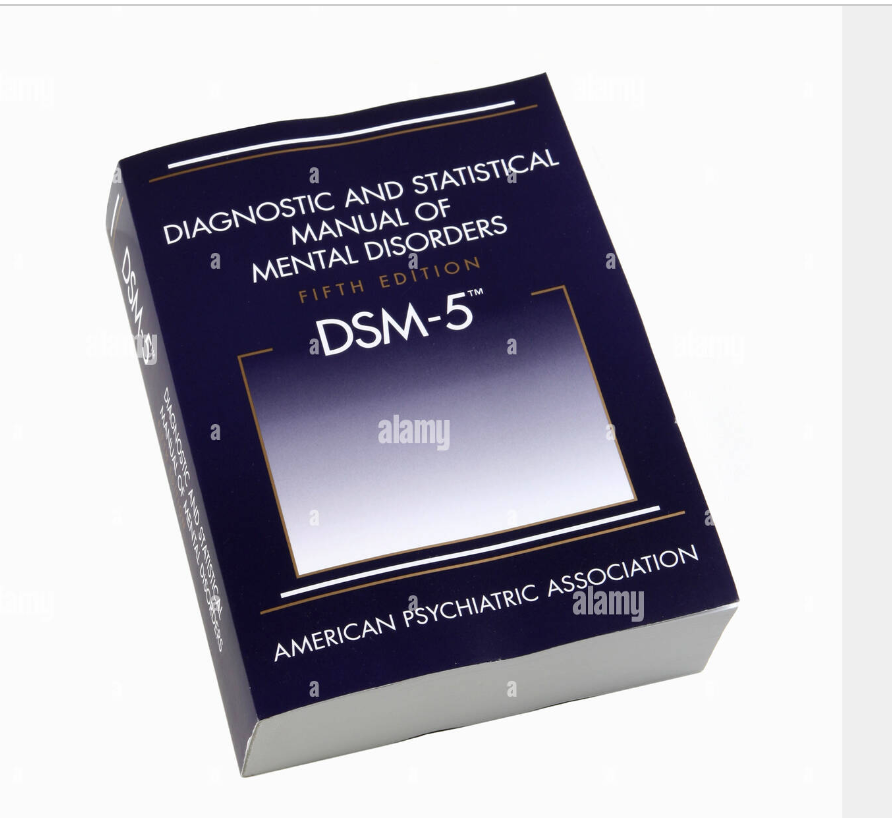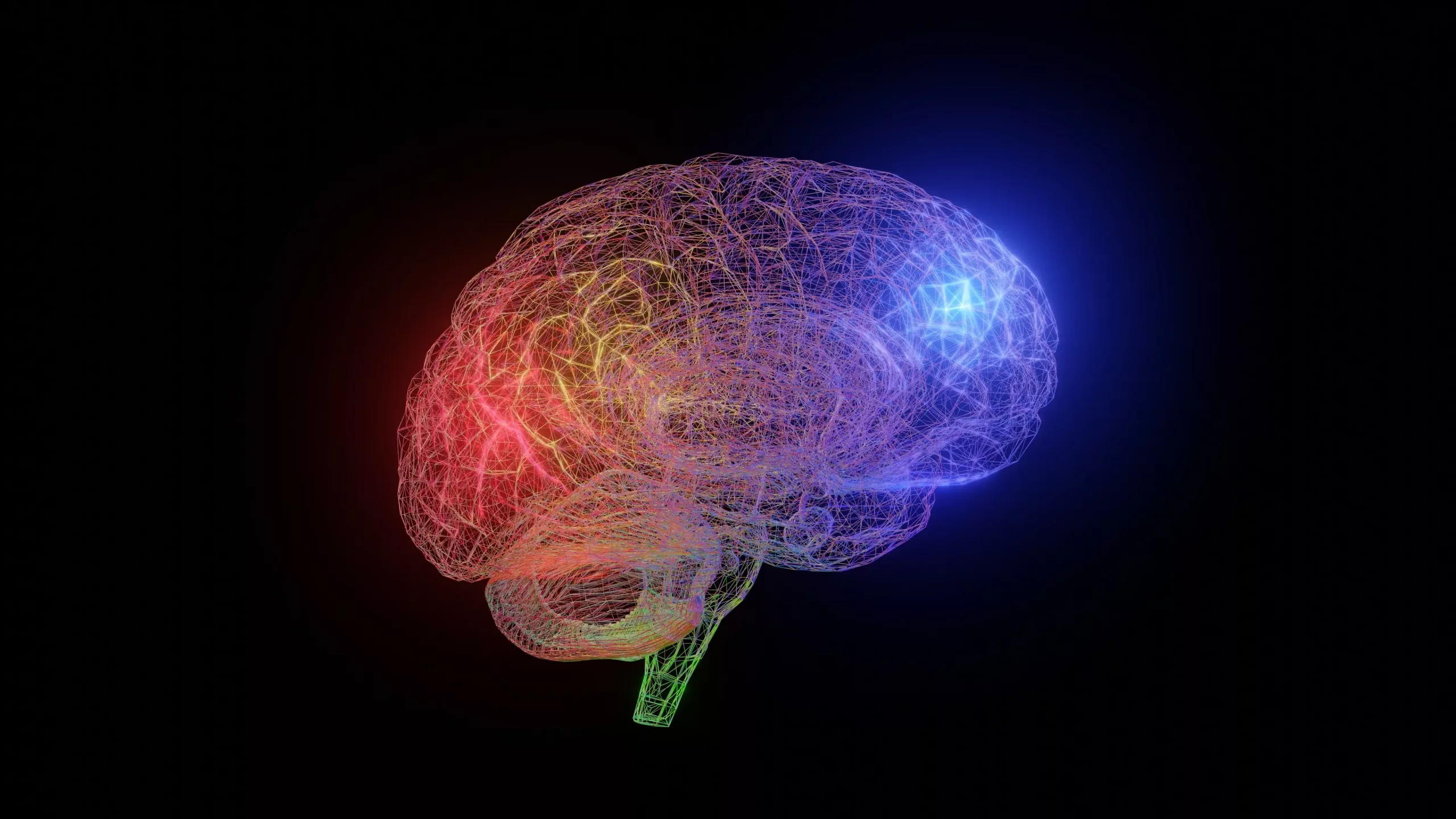Sunday, May 15, 2016.
APA Meeting, Atlanta GA.
Nearly two-thirds of Americans say untreated mental illness has a significant negative impact on the U.S. economy and more than 75 percent believe mental health reform is important in addressing societal challenges like high suicide rates and access to care, but only 5 percent of Americans believe Congress has made mental health a top priority. This is according to a new national poll released today by the American Psychiatric Association.
Democrats and Republicans alike are lukewarm around which of the presidential candidates would “best ensure that the needs of those living with mental health issues are met.” Among the total sample, Democratic frontrunner Hillary Clinton came in the highest at 21 percent (36 percent among all Democrats), with Vermont Sen. Bernie Sanders a close second at 19 percent (30 percent among all Democrats). About 10 percent of the total sample said GOP frontrunner Donald Trump (19 percent among Republicans) would be the best in meeting the nation’s mental health needs.
The APA has endorsed efforts in Congress to reform the nation’s mental health system, voicing its support for the Helping Families in Mental Health Crisis Act, introduced by Reps. Tim Murphy (R-Pa.) and Eddie Bernice Johnson (D-Texas), and the Mental Health Reform Act of 2015, introduced by U.S. Sens. Chris Murphy (D-Conn.) and Bill Cassidy, (R-La.). The House legislation has 188 bipartisan cosponsors, while the Senate bill has 16 cosponsors. The Senate Health, Education, Labor, and Pensions Committee approved a modified version of the Mental Health Reform Act in April; however, neither bill has yet been cleared for consideration in their respective chambers.
“We applaud the lawmakers in Congress who recognize the dire need to improve our nation’s mental health system, “ said APA President Renée Binder, M.D.. “But we call upon Congress as a whole to embrace this issue. Our poll findings show that the majority of Americans want to see improved mental health care and access.”
The poll also found that public perceptions of mental health are improving, but there is still room for improvement. Almost half of respondents, 45 percent, agree that there is less stigma against mental illness than there was a decade ago; however, 31 percent say they would not vote for a political candidate who has been diagnosed with a mental illness, even if the candidate has been treated for it.
Other key findings of the poll:
- Only 15 percent of respondents agree that the mental health needs of military veterans are being met under the current mental health system.
- 80 percent of respondents agree that someone’s mental health has an impact on their physical health.
- Nearly 20 percent of respondents have personally sought care from a mental health professional, and 29 percent know a family member who has.
- Nearly half of respondents say they either do not know or are not sure how to access mental health care for themselves or a loved one.
“It is encouraging to see the progress in reducing stigma of mental health over time, but the poll clearly shows that we have a long way to go before the majority of Americans view mental illness the same as physical illness,” Binder said. “Mental illness is no different than physical illness. There is help available and treatment works.”
The findings are from an American Psychiatric Association-sponsored poll conducted online in GfK’s Omnibus using the web-enabled “KnowledgePanel,” a probability-based panel designed to be representative of the US general population, not just the online population. The study consisted of 1,025 nationally representative interviews conducted between April 15 and April 17 2016 among adults aged 18+. The margin of error is +/-3 percentage points.





Leave A Comment